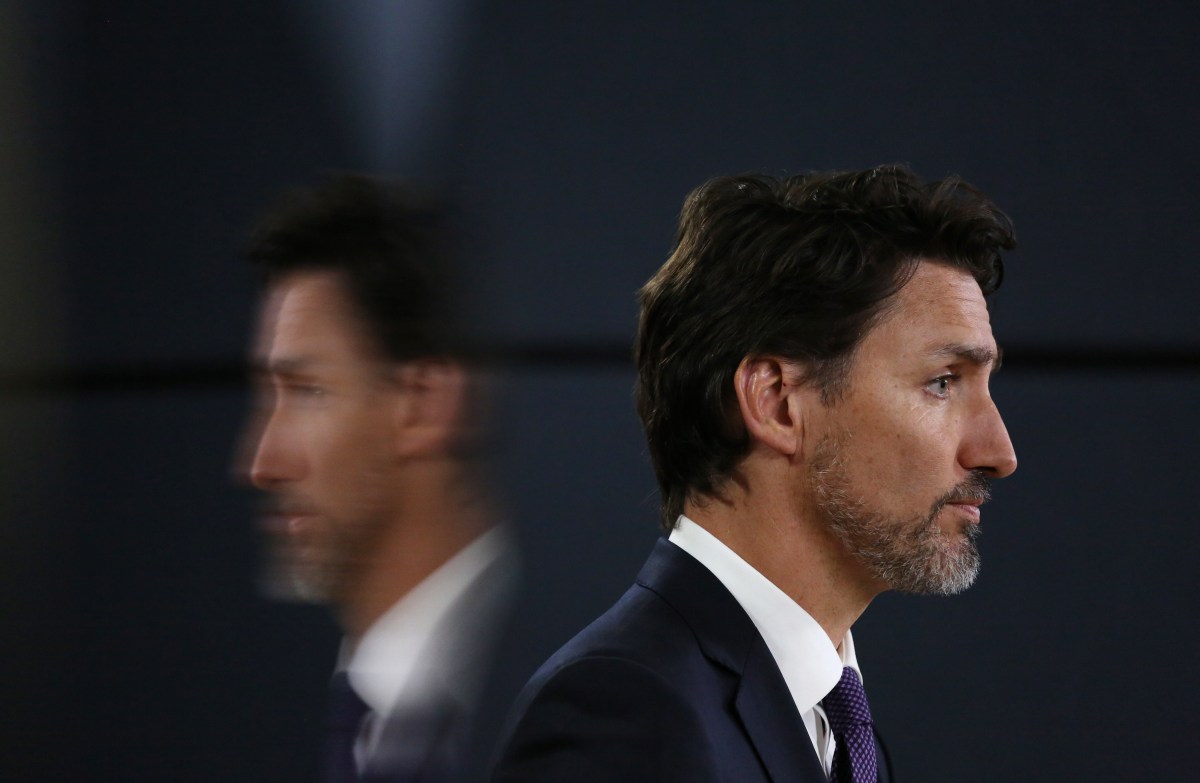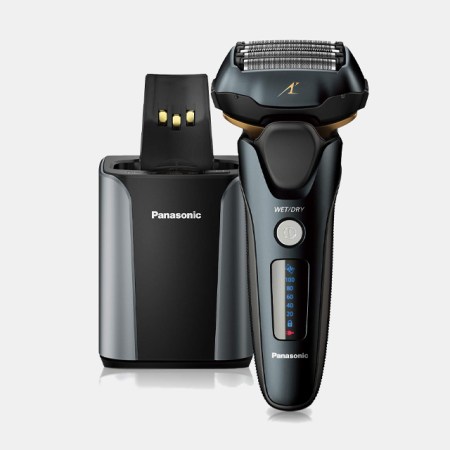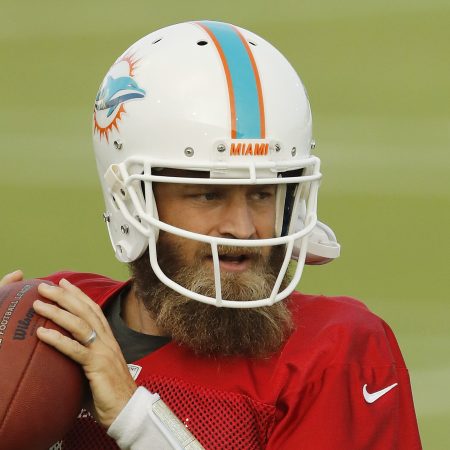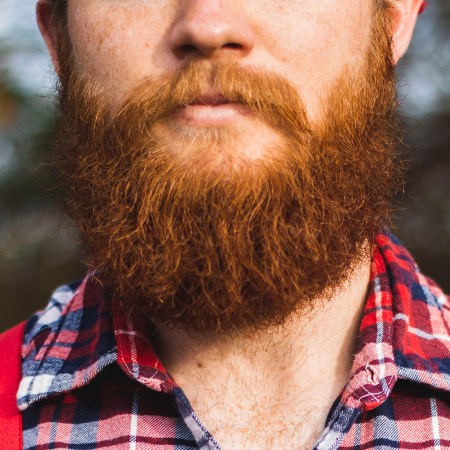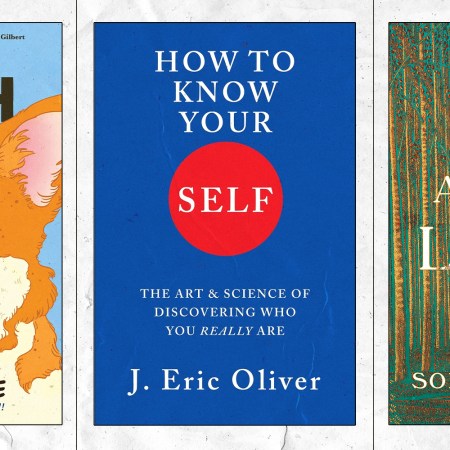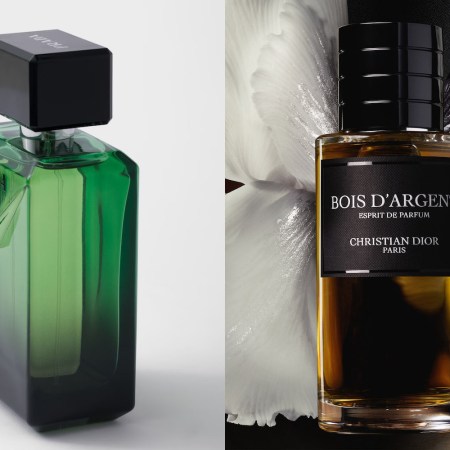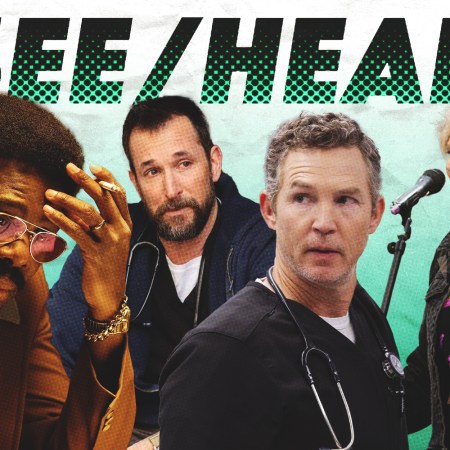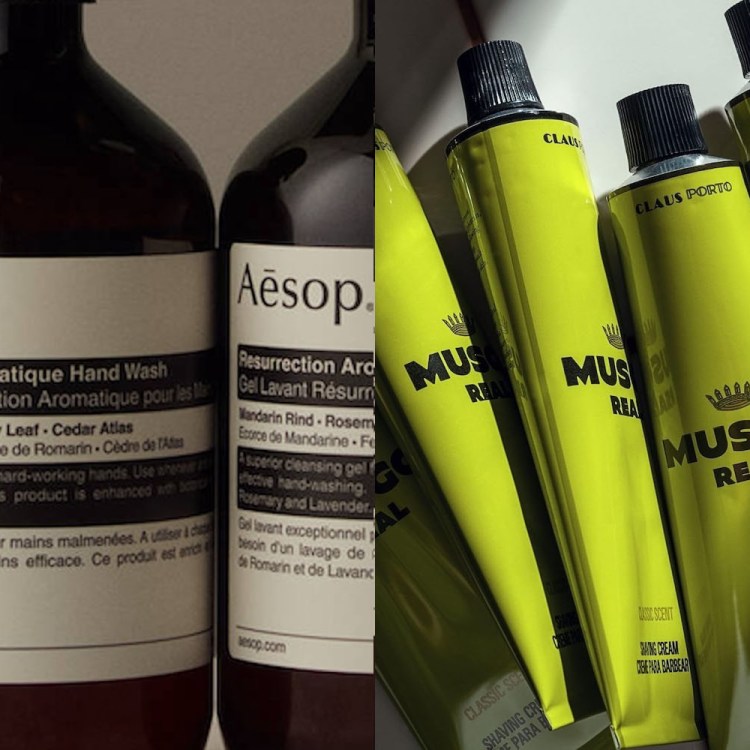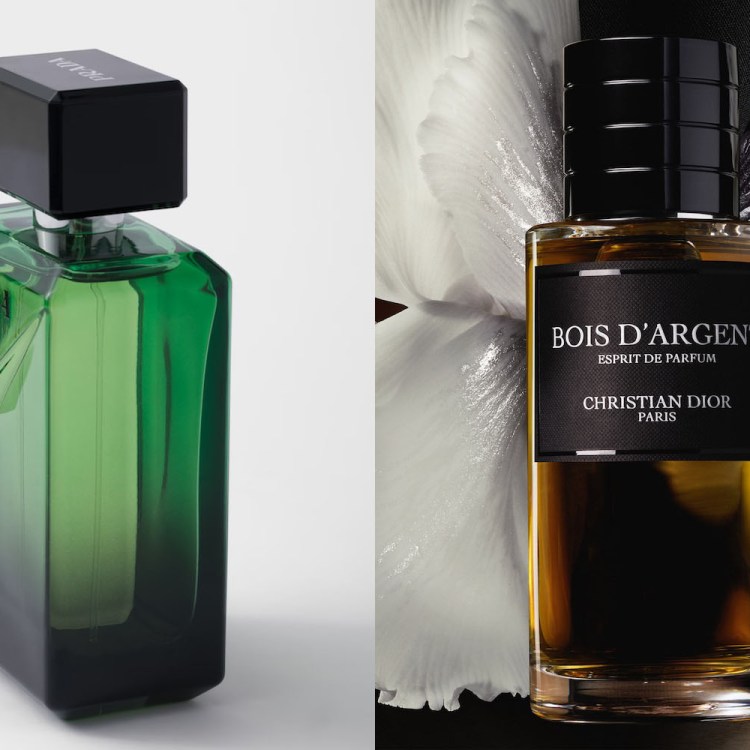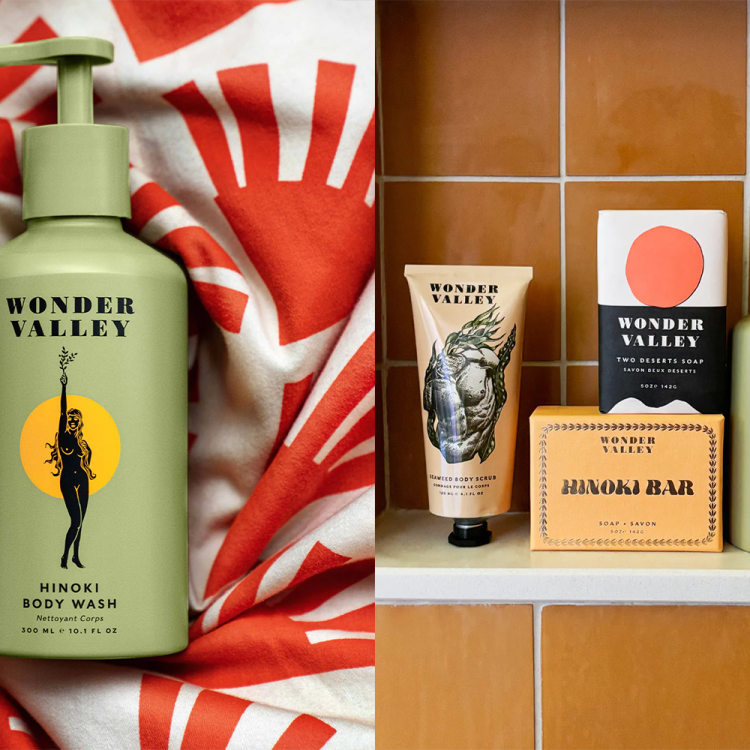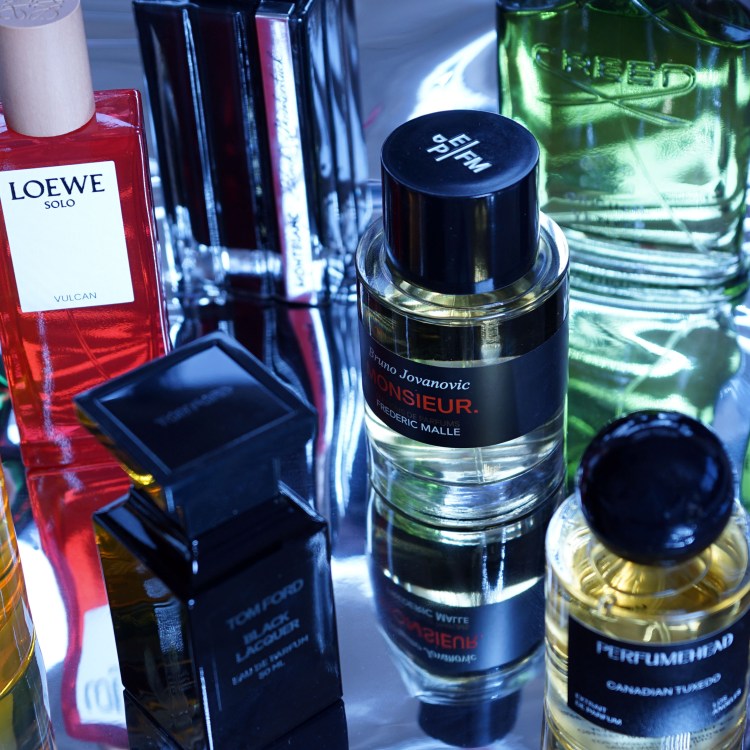What do Justin Trudeau, Beto O’Rourke and Al Gore have in common? They’re all white men in politics, so probably many things! But as Luke Winkie highlighted in a recent Vox explainer, they are also all men who have grown beards at some point.
This is true of many men, of course. But as Winkie emphasized, it feels more significant when men in some kind of spotlight do it, because it becomes easier to read the introduction of facial hair as reactionary to something else we know to be going on that public figure’s personal or professional life. O’Rourke’s and Gore’s beards debuted in the aftermath of their failed political campaigns, while Trudeau’s new beard seems to coincide with his current stance against the United States’ escalation with Iran (And maybe getting caught having donned blacface in the past).
The appearance of facial hair in the midst of a monumental life change amounts to what Winkie has termed an “existential beard,” and the reasons and psychology behind this effect are multifaceted.
While we most commonly associate this kind of move with the depression-driven “breakup beard,” it seems the existential beard isn’t always so negative, even when it appears after a setback. For some men, post-breakup or career decline beards may have more to do with an evolutionary desire to establish dominance than a depression-driven lapse in personal hygiene. “Growing a beard may well be an unconscious device to reassert status after a setback,” Barnaby Dixson, psychology lecturer at the University of Queensland, told Winkie.
In other cases, such as Trudeau’s, the beard may be an attempt to redefine and sharpen one’s image. “I think he feels like he needs to present a different self, because he was so Obama-like, now he’s got to be a little grittier,” Of Beards and Men author Christopher Oldstone-Moore told Winkie of Trudea’s new facial hair.
Meanwhile, as Winkie posits, it’s possible that facial hair is simply one of few physical alterations many men find socially acceptable to pursue when struck with a need for reinvention. In other words, it’s the men’s version of a woman getting bangs or changing her hair color.
Of course, it bears mentioning that men, too, can get bangs, change their hair color, or really do whatever they want to their own bodies. But sure, go ahead and grow that beard.
Subscribe here for our free daily newsletter.
Thanks for reading InsideHook. Sign up for our daily newsletter and be in the know.
